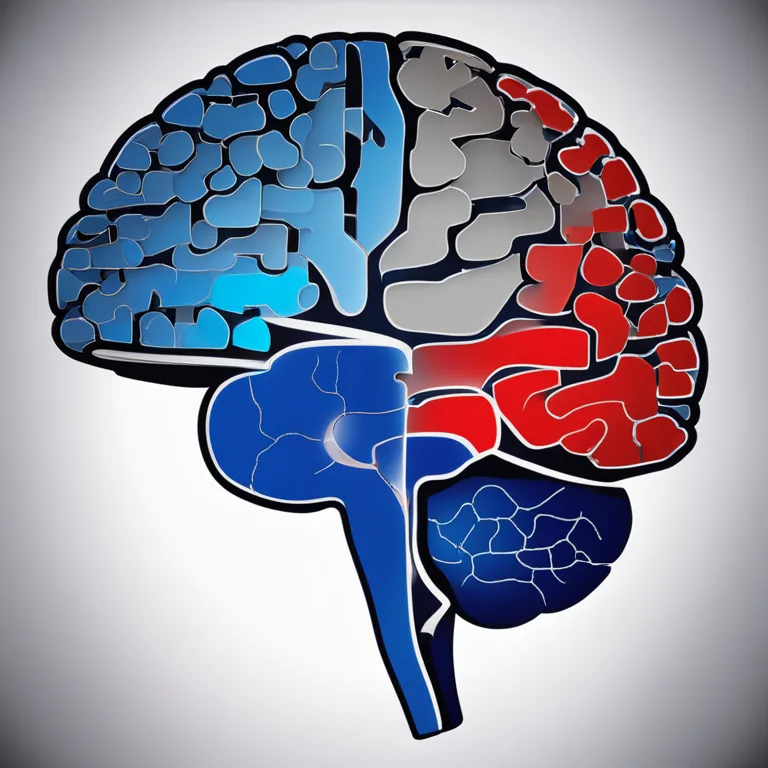
Healing Through Mindfulness: Meditation for Trauma Recovery
Discover how mindfulness meditation can facilitate healing in individuals coping with trauma by fostering emotional balance and resilience.
article by Hina Kurosawa
Introduction to Mindfulness for Trauma
Meditation has been a cornerstone in various cultures for centuries, offering a path to tranquility and self-awareness. In recent years, mindfulness meditation has emerged as a valuable tool in mental health, particularly for individuals experiencing trauma. This practice involves grounding oneself in the present moment, acknowledging thoughts and sensations without judgment. It is less about clearing the mind and more about observing with compassion, which can be especially beneficial for those who have suffered from traumatic events. Embracing mindfulness can lead towards a heightened sense of peace and a greater capacity to navigate emotional turmoil.

The Science Behind Meditation and Trauma
Trauma can profoundly disrupt one’s mental, emotional, and physiological state, often leading to conditions such as PTSD. Encouraging evidence from neuroscientific studies in 2024 suggests that mindfulness meditation can significantly affect the brain areas responsible for regulation of emotions and stress responses. Consistent practice has been observed to reduce hyperactivity in the amygdala, the brain's alarm system, and strengthen the prefrontal cortex, which is involved in rational thought processes. By fostering a calmer mental environment, individuals gain improved emotional resilience and a reduced fight-or-flight response to traumatic triggers.

Mindfulness Techniques for Trauma Healing
Utilizing certain techniques in mindfulness can be particularly effective for trauma survivors. One such method is "body scanning," a process of paying focused attention to physical sensations in each part of the body, which can relieve stored tension and stress. Another practice is "compassionate reflection," where one offers oneself kindness and understanding, countering negative self-talk that often accompanies trauma. Additionally, "anchored breathing" is a technique where attention is directed to the breath, serving as a safe point of return during meditation to help manage overwhelming emotions or flashbacks.

Integrating Mindfulness Into Daily Life
For those recovering from trauma, integrating mindfulness into everyday activities can enhance the healing journey. Simple actions such as mindful eating, in which one pays full attention to the experience of eating, or mindful walking, which involves noticing the sensations of each step, can extend the benefits of seated meditation throughout the day. These practices encourage a continuous connection to the present, fostering a sense of control and reducing the intrusion of traumatic memories.
Challenges and Considerations
While mindfulness meditation offers many benefits for trauma recovery, there are vital considerations. It is not uncommon for meditation to surface uncomfortable emotions or memories, making guidance from a trained therapist crucial, particularly in the initial stages. Trauma-informed mindfulness also involves customizing practices to suit individual sensitivities, ensuring that meditation remains a safe, healing experience rather than a trigger for further distress.
The Future of Mindfulness and Trauma Therapy
As research in mindfulness and its applications in trauma therapy progresses, the potential for refined, targeted interventions grows. Technological advancements, including virtual reality and biofeedback, are becoming integrated into mindfulness practices, offering enhanced experiences for users and new avenues for treatment. With each discovery and innovation, mindfulness meditation continues to secure its place as a transformative element in the landscape of trauma recovery.
Published: 1/8/2024
Modified: 1/8/2024
More predictions
Come back here soon to learn more about yourself and your future


Meditation's Impact on the Limbic System
Explore how meditation can positively influence your emotional and neurological well-being through its effects on the limbic system.


Calming the Student Mind: A Guide to Mindfulness Meditation
Discover how mindfulness meditation can benefit high school students, offering a practical solution for stress management and enhanced focus in the academic environment.


Mindfulness Meditation Benefits for High Schoolers
Discover how mindfulness meditation can help high school students navigate academic pressure, enhance focus, and improve overall wellbeing.